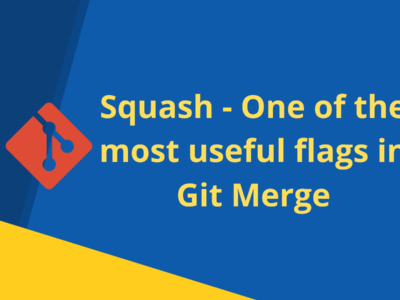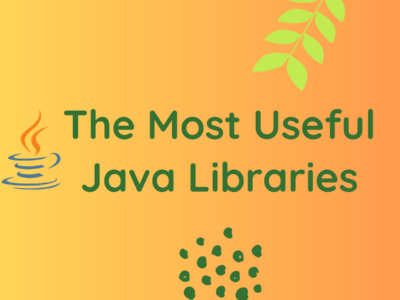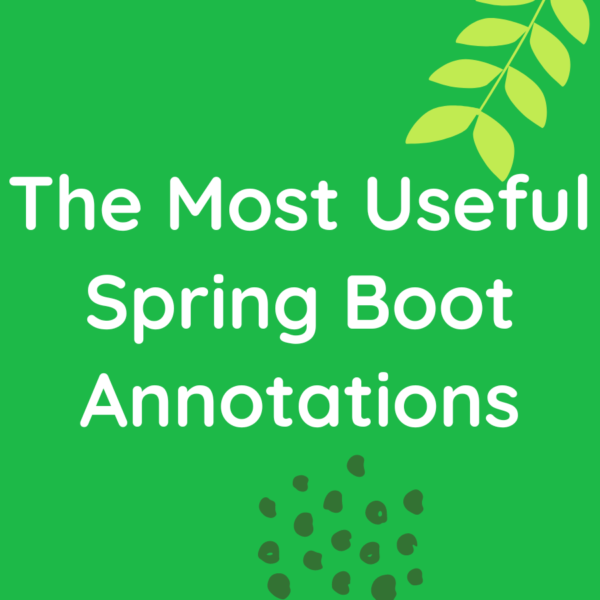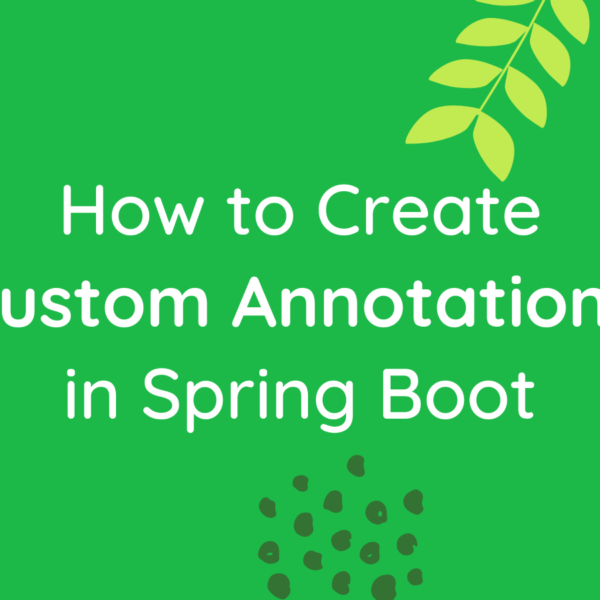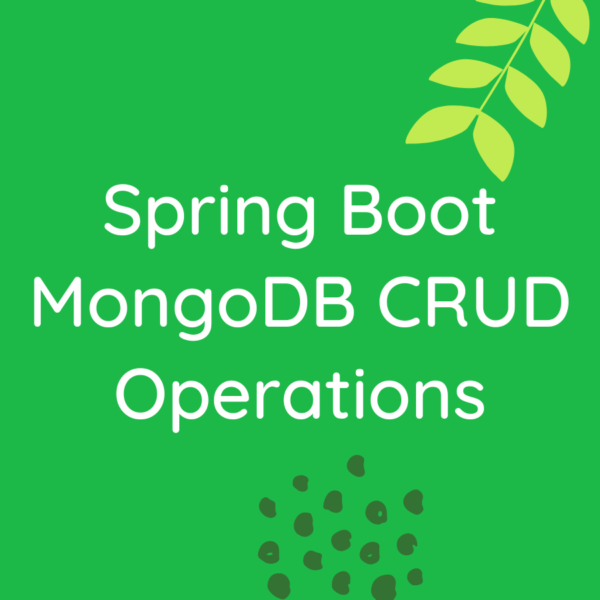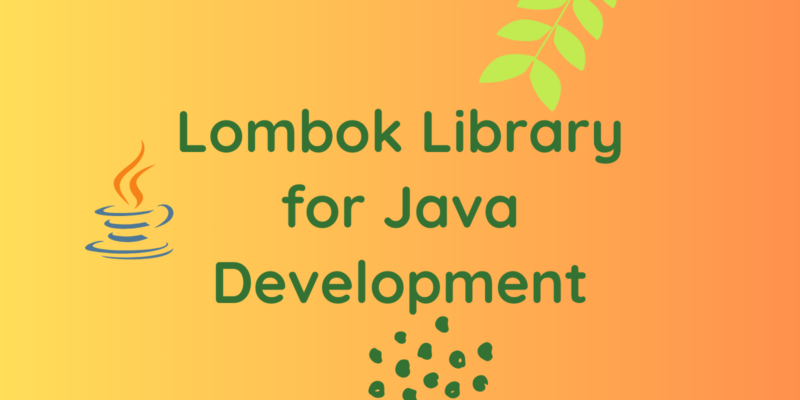
Must know of the Lombok Library for Java Development
In the realm of Java development, Lombok stands out as a powerful library that aims to simplify and streamline your code. With its array of features, Lombok eliminates boilerplate code, enhances readability, and promotes cleaner coding practices. In this comprehensive guide, we delve into the depths of Lombok, exploring its numerous features, annotations, and real-world examples. In this post, we will explore on all You need to know about Lombok Library for Java Development
Lombok, short for “Project Lombok,” is a Java library that operates during the compilation phase to reduce the verbosity of Java code. It achieves this by introducing annotations that automatically generate common boilerplate code, such as getters, setters, constructors, and more. By doing so, Lombok helps developers write concise, readable, and maintainable code without sacrificing functionality.
Setting Up Lombok
Integrating Lombok into your Java project is straightforward. You can include it as a dependency in your build tool of choice, such as Maven or Gradle. Once added to your project, Lombok seamlessly integrates with your IDE, enabling its features for code generation and manipulation.
Maven Dependency
<dependency>
<groupId>org.projectlombok</groupId>
<artifactId>lombok</artifactId>
<version>1.18.20</version> <!-- Replace with the latest version -->
<scope>provided</scope>
</dependency>Gradle Dependency
implementation 'org.projectlombok:lombok:1.18.20' // Replace with the latest versionCore Features of Lombok
1. Getters and Setters
Lombok simplifies the process of defining getters and setters for class fields. Instead of manually writing boilerplate code, you can annotate your class with @Getter and @Setter.
import lombok.Getter;
import lombok.Setter;
public class Person {
@Getter @Setter private String name;
@Getter @Setter private int age;
}2. Constructors
Generating constructors is a common task in Java. Lombok offers annotations like @NoArgsConstructor, @RequiredArgsConstructor, and @AllArgsConstructor to automate this process.
import lombok.AllArgsConstructor;
import lombok.NoArgsConstructor;
import lombok.RequiredArgsConstructor;
@NoArgsConstructor // Generates a no-args constructor
@AllArgsConstructor // Generates a constructor with all fields
@RequiredArgsConstructor // Generates a constructor with required fields
public class Person {
private final String name;
private final int age;
}3. Equals and HashCode
Implementing equals() and hashCode() methods consistently can be tedious. Lombok simplifies this with the @EqualsAndHashCode annotation.
import lombok.EqualsAndHashCode;
@EqualsAndHashCode
public class Person {
private String name;
private int age;
}4. ToString
Generating a meaningful toString() method is crucial for debugging. Lombok offers the @ToString annotation to automate this process.
import lombok.ToString;
@ToString
public class Person {
private String name;
private int age;
}5. Data
Combining @Getter, @Setter, @ToString, @EqualsAndHashCode, and @RequiredArgsConstructor, Lombok provides the @Data annotation for a concise approach to creating POJOs (Plain Old Java Objects).
import lombok.Data;
@Data
public class Person {
private String name;
private int age;
}6. Builder
Lombok simplifies the creation of builder classes with the @Builder annotation, enabling a fluent interface for object construction.
import lombok.Builder;
@Builder
public class Person {
private String name;
private int age;
}
// Usage
Person person = Person.builder()
.name("John")
.age(30)
.build();7. Access Level
You can specify the access level of generated methods and constructors using @Accessors.
import lombok.AccessLevel;
import lombok.Getter;
import lombok.Setter;
import lombok.Accessors;
@Getter @Setter
@Accessors(fluent = true, chain = true)
public class Person {
private String name;
private int age;
}
// Usage
Person person = new Person().name("John").age(30);Lombok revolutionizes Java development by reducing boilerplate code and improving code readability. By leveraging its annotations, developers can focus more on the logic of their applications rather than the mundane task of writing repetitive code. As you continue your journey in Java development, consider incorporating Lombok into your projects to boost productivity and maintainability. Happy coding!
With its wide array of features, Lombok empowers Java developers to write cleaner, more concise code without sacrificing readability or functionality. By leveraging annotations, Lombok significantly reduces boilerplate code, streamlining development and enhancing code maintainability. Whether you’re working on a small project or a large-scale application, integrating Lombok into your workflow can greatly improve productivity and code quality.
Explore about project lombok here – ProjectLombok.org
In the previous post we had discussed Spring Boot Interview Questions. You can read the post here.
Happy Learning!
Subscribe to the BitsToGigs Newsletter


